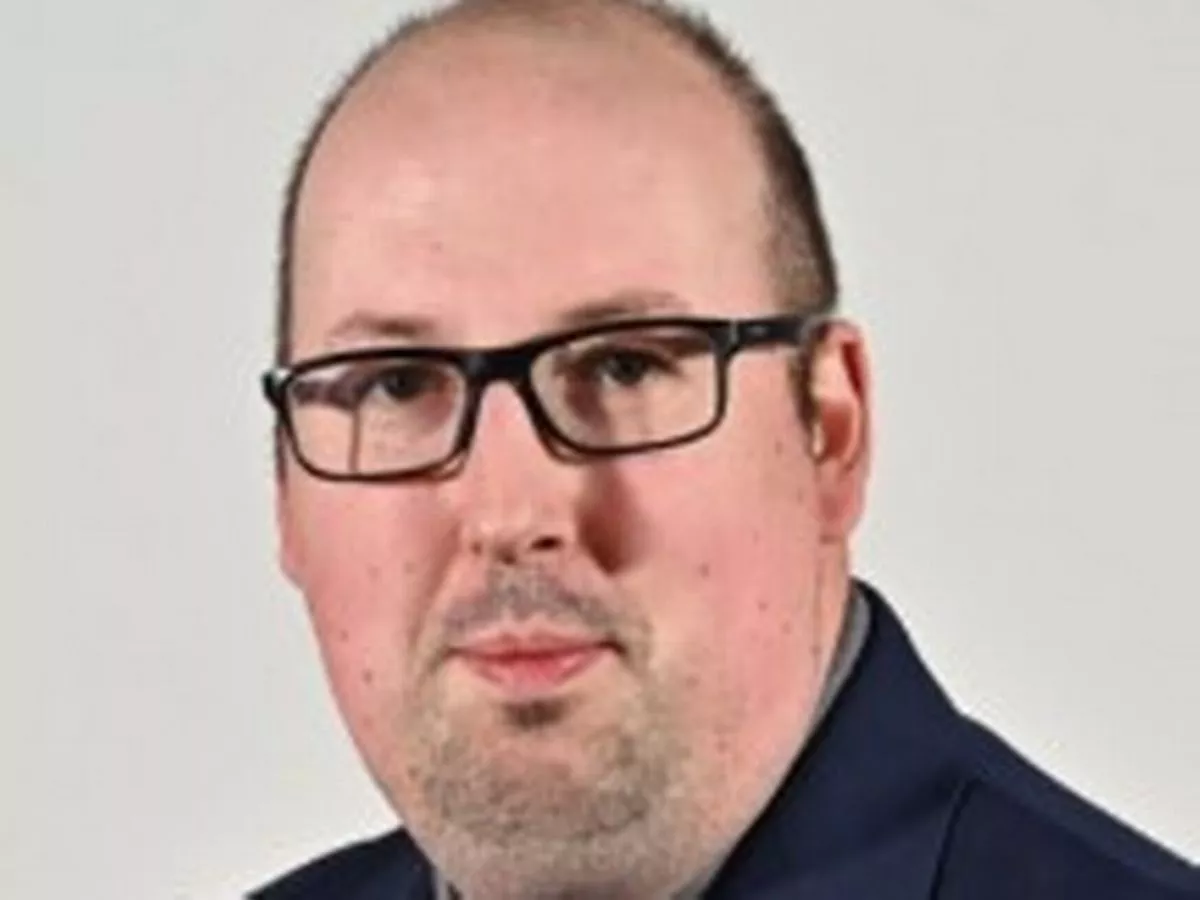Copyright Reuters

As law firms grapple with how to apply increasingly powerful artificial intelligence tools to their work, Ropes & Gray is betting a slice of its potential revenues on a new initiative to build its lawyers' skills with the technology. Sign up here. Starting now, the firm said its first-year associates can devote nearly 400 hours of their annual billing requirements to experimenting with AI instead of charging time to clients. The Boston-founded global firm wants to enable early-career lawyers "to see the importance of this transformative technology, and also to empower them to have the time to spend to learn the tools," said Jane Rogers, a finance partner and member of the firm's management committee. Law firms use annual billable hour targets to set performance expectations and allocate bonuses to associates and other salaried attorneys. Some offer varying degrees of billable credits in areas such as pro bono work and diversity, equity and inclusion efforts. At 1,500-lawyer Ropes & Gray, new associates can now allocate up to 20% of their required billable hours for AI training and simulations, including time spent experimenting on their own and in groups. A firm spokesperson said its first-year billable hour target is generally 1,900 hours, a requirement the lawyers "consistently meet." Large firms like Ropes & Gray charge clients hundreds of dollars an hour for their junior associates' time. A small handful of firms, including Orrick and Reed Smith, have also offered credit for innovation-related projects, though typically for a smaller number of total hours than the new Ropes & Gray initiative, which the firm is calling "TrAIlblazers." Ropes & Gray's first-year associates using the hourly AI credits "can't bill matters to clients, but they may want to think about another way, or a more creative way, to do something that they're being asked to do for clients," said Amy Ross, chief of attorney talent at the firm. Ropes & Gray is currently piloting the program only for first-years, who started at the firm last week. It's "a deliberate investment in our lawyers' future that formalizes dedicated AI training at the most impactful stage of their careers" to build skills without sacrificing hourly expectations, the spokesperson said. Keeping associates busy is a priority for law firms' bottom lines and can be challenging as client work ebbs and flows. Ropes & Gray said the AI initiative was not related to any effort to help balance first-year associates' hourly requirements with changes in demand, and the 20% credit will not change for the duration of the pilot program. Law firm consultant Bruce MacEwen of Adam Smith, Esq. said that while there's an opportunity cost to giving associates credit for hours that are not billed to clients, training and education initiatives can be "extremely worthy investments." Young lawyers "are the future of your firm," he said. MacEwen said he anticipates other firms could take similar approaches as Ropes & Gray, as large firms tend to follow one another. AI "is going to be a mandatory skill set for associates now, [and] partners in the near future," he said. Ropes & Gray partner Rogers acknowledged that some junior lawyers may worry about the value of their jobs as AI allows for more efficient work. But "we are always going to have humans," she said. "We will always have associates who need to be working on these things, and it's about enabling them to do their jobs better." U.S. District Judge Stephen Wilson in Los Angeles last week selected Rosen over Levi & Korsinsky, which had also sought the lead role. A brief public order did not provide the judge's reasoning. Lawyers from Levi & Korsinsky and the Rosen firm did not immediately respond to requests for comment, and neither did Sable Offshore. The Cincinnati-based 6th U.S. Circuit Court of Appeals on Wednesday said the objectors missed the deadline by one day to seek an extension to appeal the bond order and then did not post the required bond. The objectors’ appeals have delayed payments to thousands of residents and businesses affected by the February 2023 derailment and chemical spill. The appeals court said the delay caused “overwhelming prejudice” and noted that fewer than 0.01% of eligible class members objected to the settlement. The 6th Circuit panel also found the objectors were unlikely to ultimately succeed. Veteran appellate litigator Paul Clement, who defended the settlement, did not immediately respond to a request for comment. David Graham, who represented the challengers to the settlement, told Reuters he was disappointed by the appeals court decision. "Our clients raised serious and good-faith concerns about the adequacy of notice and transparency surrounding the class settlement, and we believed those issues deserved careful appellate review," Graham said. Read more: Reporting by Sara Merken and Mike Scarcella Our Standards: The Thomson Reuters Trust Principles., opens new tab Sara Merken reports on the business of law, including legal innovation and law firms in New York and nationally.



